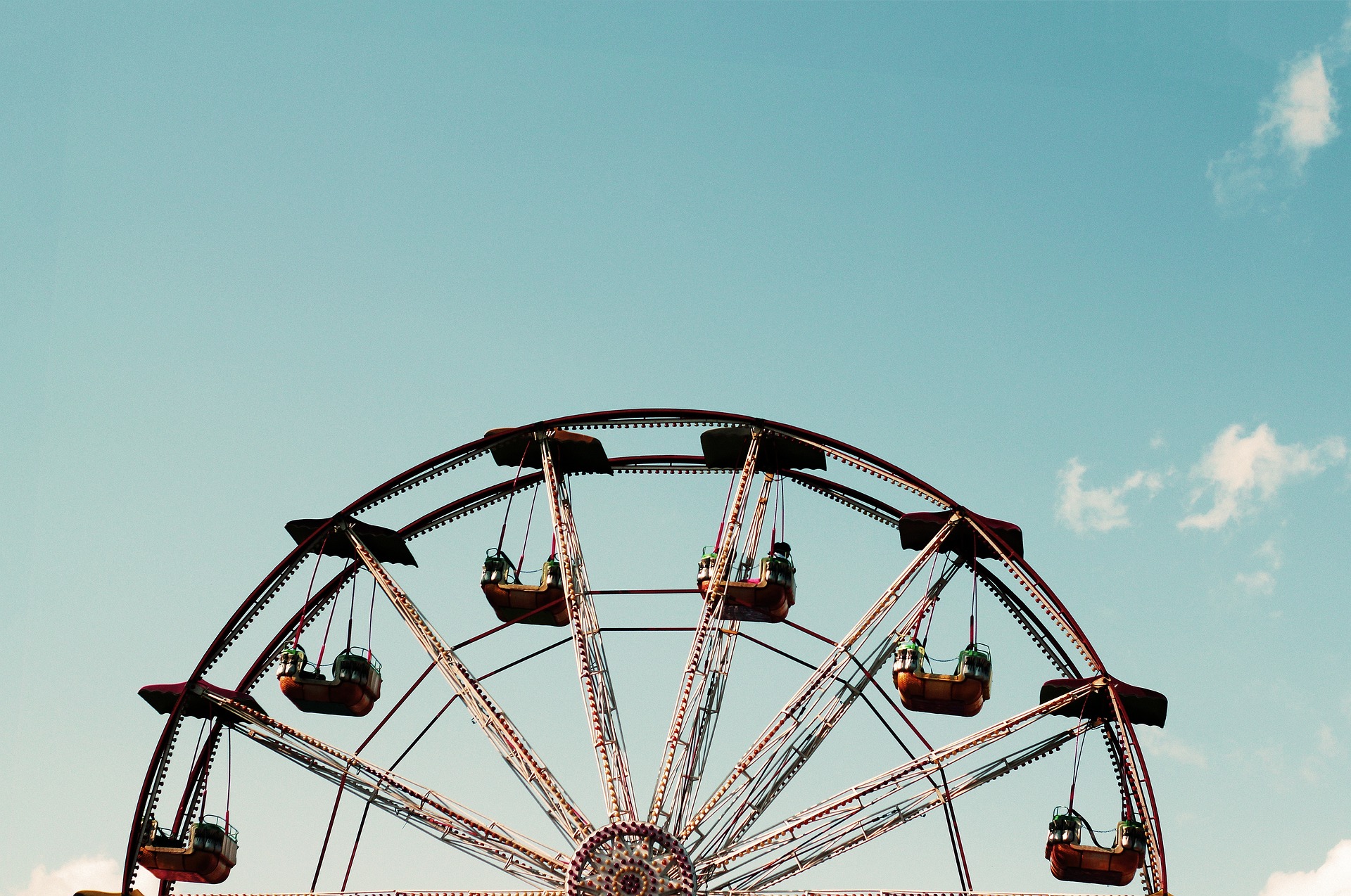One of the main insights from evolutionary theory is that as it unfolds, life becomes more complex, more intelligent and more skilled. In fact, this increase in capacity is a necessary condition due to the process of natural selection: the survival of the fittest. One of the great developments in living beings over the course of evolution is the emergence of the nervous system: a central intelligence which helps organize and coordinate resources, energy usage and interactions with the environment. Hundreds of millions of years ago, complex life increased its chances of survival by going into a freeze state: like the possum who fakes being dead in order to be able to trick the fox that he’s already dead and not worth eating. Later, we learned to flight and fight, further enabling us to remain alive in the face of threats. The fact that these nervous system responses evolved over time is very significant because it means that they are increasingly intelligent and complex. It also means our nervous system operates hierarchically: when faced with a threat, we will first evaluate the possibility of fight, then flight, then freeze. These principles have big implications for the meaning of meditation and how to practice it! I’ll share a few insights here from my own practice.
First off, since I was a child, whenever I was confronted by something difficult I’ve had the tendency to go into freeze as my go-to threat response. And it served me well! I was able not to get into much of harm’s way and have a mostly happy childhood. However, when I started meditation, because I couldn’t tell the signals of freeze, often when I came across a difficulty I would leap into freeze right away. Due to my lack of awareness of the nervous system and how to regulate it – I didn’t even know about this state of freeze – I sometimes would do a very unhelpful thing: (pathologically) strengthen that pattern of going into freeze.
These trends did not help my live a more meaningful and regulated life, on the contrary. Meditation started to have some perverse effects in the way I was interacting in relationships and my engagement with the world. For example, whenever I was experiencing difficult emotions with other people, I would favour states of ‘calm and equanimity,’ considering these to be higher states than states of fight or flight. Because the nervous system operates hierarchically, if we experience freeze, this means we’ve exhausted our ability to fight and flee the environment, and use our last resort solution to survive. In a way freeze is a higher state, but it also impacts the system more powerfully and destructively if accessed to often! So over time, I learned the importance of experiencing fear for instance (which would often get me in a state of flight), or frustration/anger (which would often get me in a state of fight).
That way, I’ve been learning to experience a broader range of emotions and states, more adaptively. And that word to adapt is really the key one: connecting to the experience that we are facing with the appropriate/adaptive response. There is a growing consensus that the essential skill of regulation is cognitive flexibility, which also means adaptive responsiveness. So instead of going into a disconnected, distancing and ‘calm’ state of freeze whenever I remember being criticized sharply and I’d been upset about it, I’ve been encouraging myself to explore emotions of anger, resentment, sadness, etc. Paradoxically, it now consumes for me less energy to feel a strong emotion like anger than to go into a state of ‘calm’ because once it’s felt, then the sympathetic arousal that was ignited through the criticism is discharged (rather than being stuck in the body as it does when going straight into freeze).
The key point, from a nervous system perspective on meditation, is that all emotions are actually essential to be experienced. Embodying the full range of emotions in meditation helps build a more resilient nervous system that is less dysregulated and has less energy stuck in the body system. Come and join us at the next Dharma Gathering to practice these skills!



